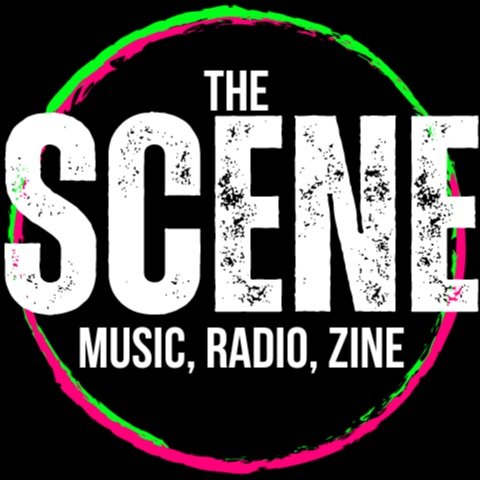Artists and labels boycott The Great Escape over Barclays partnership
Over 375 musicians and industry professionals have united to call on The Great Escape festival to sever ties with Barclays due to the bank's financial involvement with companies supplying weapons to Israel's war on Gaza. The festival, set to take place in Brighton from 15-18 May, is now at the centre of a contentious debate over ethics and accountability within the music industry.
This open statement, spearheaded by The Menstrual Cramps and How To Catch A Pig, features a coalition of artists - including Gia Ford, Wunderhorse and Lambrini Girls - underscores a growing sentiment within the independent music scene. It demands an end to partnerships that implicitly endorse human rights violations. The inclusion of 83 festival performers, a quarter of the current lineup, showcases a significant stance from within the industry itself.
The statement reads:
"A bank that is involved in Israel's genocide has no place at The Great Escape. We refuse to let music be used to whitewash human rights violations. We cannot let our creative outputs become smokescreens behind which money is pumped into murdering Palestinians."
Support for this initiative has poured in from across the music community, with notable names such as Squid, Goat Girl, Big Joanie, and Shame lending their solidarity. The Palestine Solidarity Campaign (PSC), which has been advocating for a boycott of Barclays, has provided research revealing the bank's substantial financial ties to companies involved in supplying weaponry to Israel. This includes companies like General Dynamics and Elbit Systems, whose products directly contribute to the conflict in Gaza.
The withdrawal of The Menstrual Cramps from the festival lineup, backed by their label Alcopop! Records, who have also cancelled their showcase at the festival has catalysed further withdrawals from artists like Other Half, Tom Rasmussen and Orchards, as well as labels such as Big Scary Monsters. The domino effect suggests that The Great Escape may face a mass exodus akin to the recent protests at SXSW.
The Menstrual Cramps said about their decision to pull out:
"We will not be complicit in glorifying industries that fund violence and we will not stand for music events being an advertising campaign for companies that invest in genocide. We believe removing our labour and boycotting this festival is the most appropriate action to take, and we are encouraging others to join with us and do the same."
The resounding message from artists is clear: music should not be complicit in violence or oppression. As a platform with considerable cultural influence, The Great Escape has a responsibility to consider the ethical implications of its partnerships. The decision to align with Barclays is not merely a financial one but a moral choice that reverberates through the music community and beyond.
It's important to note that certain artists and smaller labels may encounter financial limitations preventing them from taking a stand, even if they have the moral inclination to do so. Let's show some grace and refrain from chastising those who can't take the stand due to such challenges.
As the music community watches closely, the outcome of this boycott has the potential to further catalyse broader conversations and actions within the industry. With Barclays' extensive partnerships and sponsorships with other major festivals - such as Download, Latitude, and Isle of Wight - as well as ongoing collaborations with Live Nation and The Ticket Factory, the ripple effects of this decision could reverberate throughout the entire live music circuit. It's not just about one festival or one bank—it's about the collective power of artists and fans to demand integrity and responsibility from the institutions that shape our cultural landscape.
Read the full statement and see the full list of signatures.
































